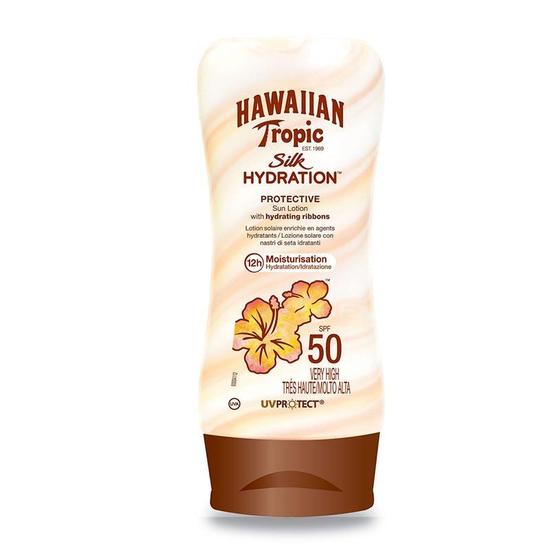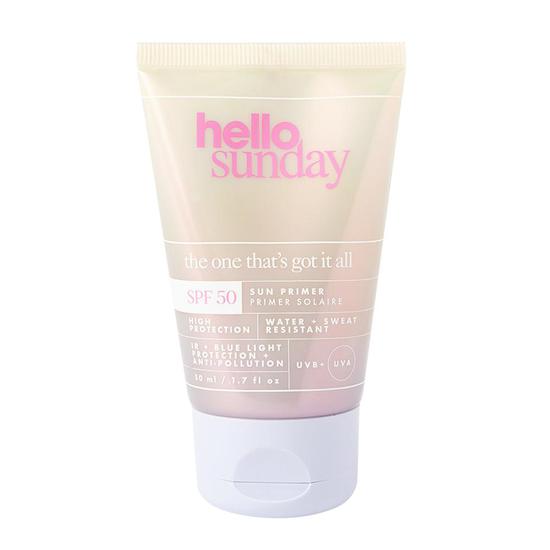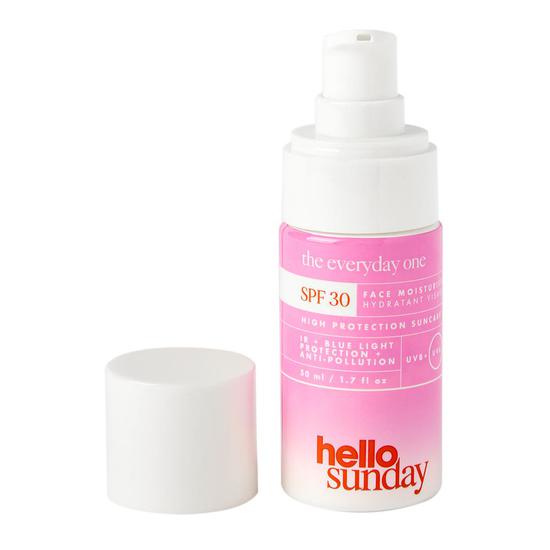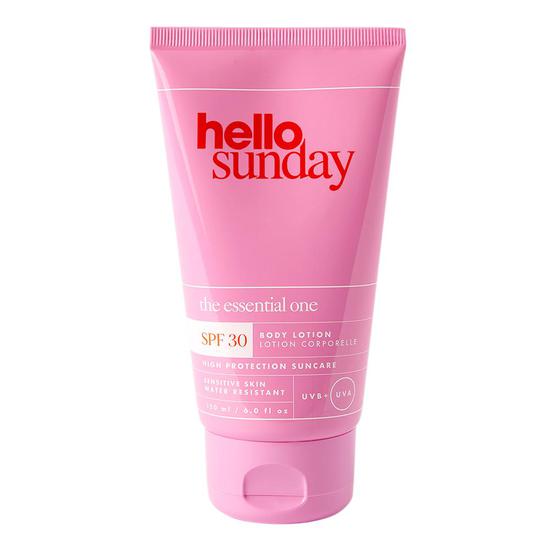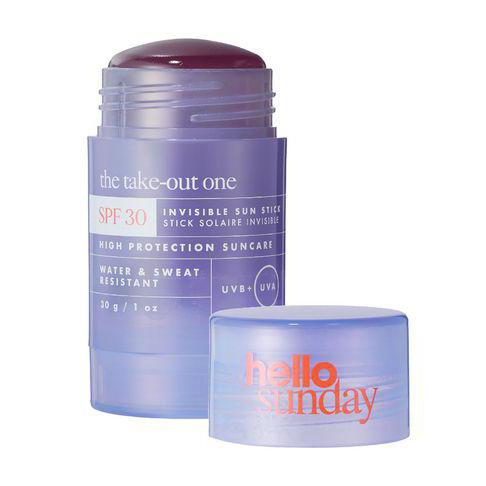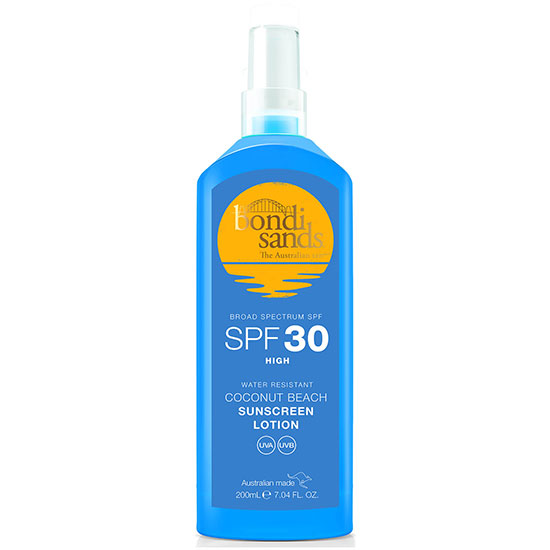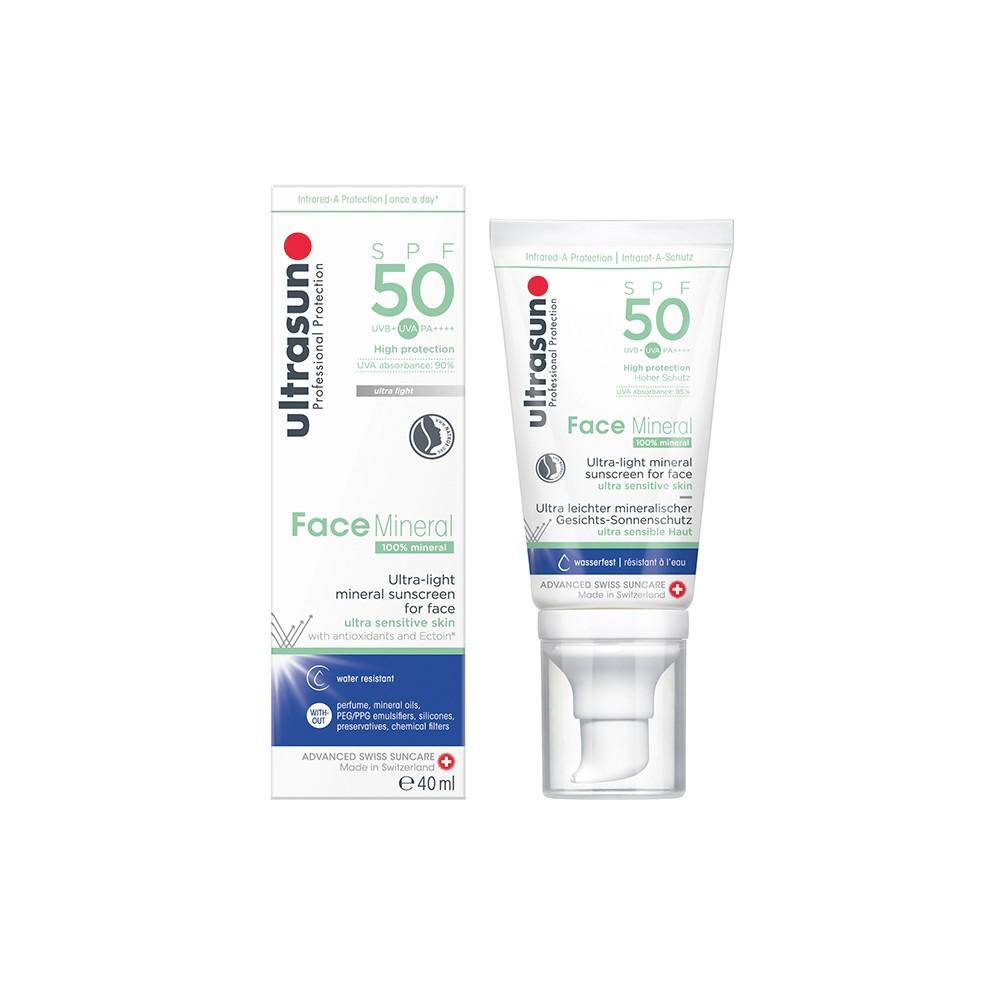
- Beauty Glossary
- Reef Safe
Reef-safe Products
An estimated 6, 000 tonnes of sunscreen enter the ocean every year, with the chemicals contaminating water and contributing to the declining health of coral. In bid to try and save oceans and marine life, manufacturers are switching to 'reef-safe' formulas. You've probably seen the term cropping up on your sun and tan products, but what does 'reef-safe' actually mean?
See our reef safe guide to answer your questions like what does reef-safe mean and what are the benefits of using reef-safe sunscreen.
Refine By
Brand
Makeup
Skin Care
Body Care
Sunscreen & Self Tan
Sort By

Frequently Asked Questions about Reef Safe products
What does reef-safe mean?
'Reef-safe' or 'reef-friendly' are terms typically used to describe a sunscreen that uses non-nano mineral or physical active ingredients, such as zinc oxide or titanium dioxide. It also means that the formula does not contain common UV blocking chemicals, such as oxybenzone and octinoxate, which have been shown to cause damage to marine life and coral bleaching.
What are the benefits of using reef-safe sunscreen?
Of course, the main benefit of using a reef-safe sunscreen is knowing that you are not contaminating the ocean when going for a dip in the water. Algae, urchins, fish, shellfish and even marine mammals are affected by sunscreen, so switching to a reef-safe formula helps protect and preserve ocean life.
Reef-safe sunscreens are not only kinder to the ocean, but they're also a lot kinder to skin. As reef-safe formulas ban harsh chemicals and utilize mineral-based ingredients, skin health is visibly improved. They also offer more efficient broad-spectrum protection, so much so that they are suitable for sensitive skin types, children and pregnant women.
Is reef-safe the same as biodegradable?
Pretty much, yes. Both terms are used to refer to sunscreens that degrade naturally and do not use ingredients that could be harmful to the environment, specifically coral reefs. Reef-safe or biodegradable formulas do not contain chemicals and are safer for marine life.
How do I know if my sunscreen is reef-safe?
Unfortunately, reef-safe is not an approved label and isn't regulated by an organisation, so it takes a little research to know exactly how to identify a reef-friendly formula. Many brands will put a reef-safe label on the front of their products, but you should always double check the ingredients for chemicals. Don't be fooled by 'organic' and 'natural' either, as this does not mean that formulas are non-toxic to marine life.
We also recommend sticking with sunscreen lotions and creams, rather than spray or misting formulas, as these often contain titanium dioxide, which can be harmful to both marine life and your health.
What ingredients aren’t reef-safe?
The two most commonly used ingredients that aren't reef-safe are oxybenzone and octinoxate. The UV filters are packed with chemicals that deform coral reefs. In fact, one drop of oxybenzone in an amount equal to six-and-a-half Olympic-size swimming pools of water is sufficient to damage coral.
Other ingredients that aren't reef-safe include any nanoparticles or nano-sized zinc and titanium, any form of microplastics, octocrylene, homosalate, PABA, parabens, triclosan and 4-methylbenzylidene camphor.
Who should use reef-safe sunscreen?
Reef-safe sunscreen can be used by all ages, skin types and tones. As the formulas are free from harmful toxins, chemicals and ingredients, they're a safe and effective option for all the family – the only difference is the cosmetic feel on the skin!
Those who want to be a little more eco-conscious and preserve marine life should also look to switching to a reef-safe sunscreen.
Are reef-safe sunscreens more expensive?
Much like your regular sunscreens, reef-safe formulas can vary in price. Reef-safe sunscreens may be more expensive as they use mineral ingredients rather than chemicals.

Written by Carly Cochrane, Beauty Editor








